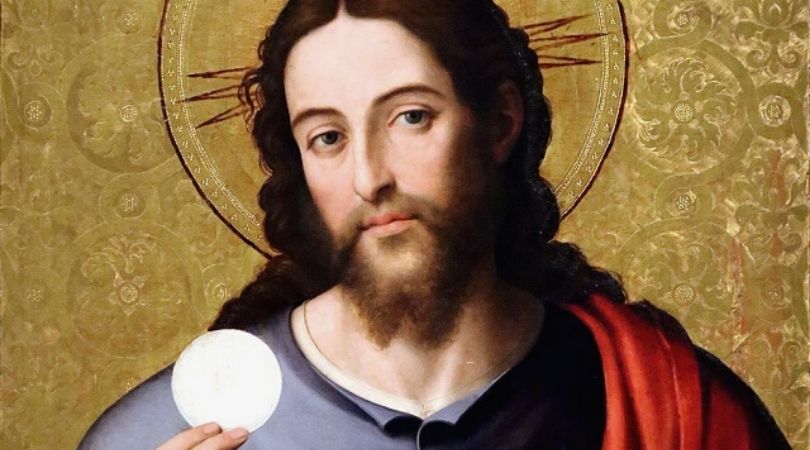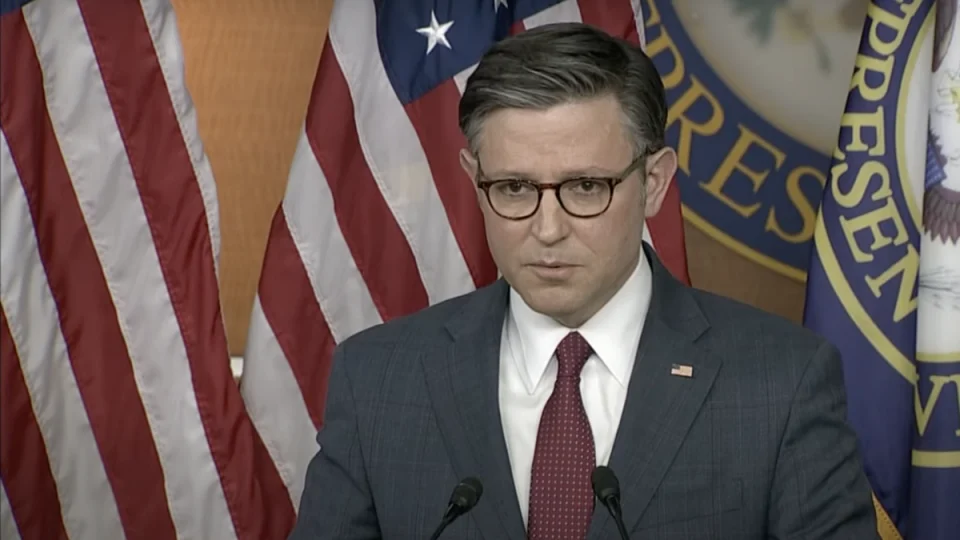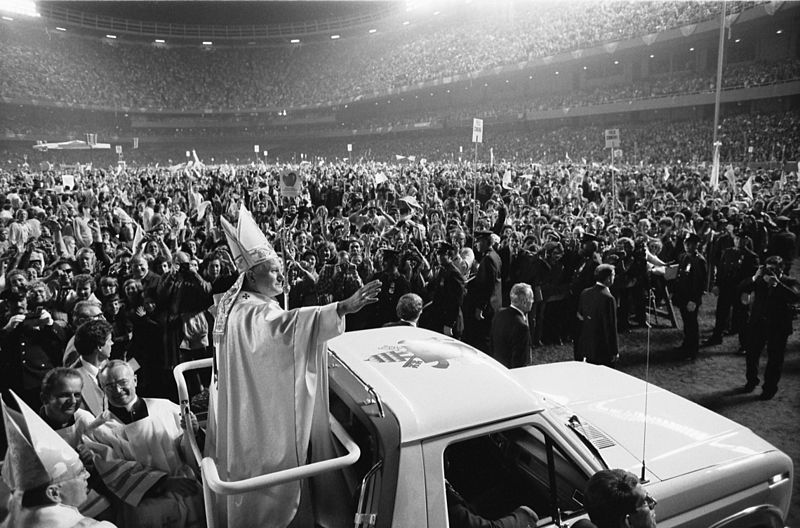Rev. Jerry J. Pokorsky, The Catholic Thing, August 23, 2018
Note: Robert Royal is in Dublin and will be speaking later today at an “alternative” conference to the official World Meeting of Families. You can read his report on the first day of the unofficial conference here. All sessions of the Lumen Fidei Institute’s conference may be viewed via archived and live videos here.
In the time of Noah, the people were so wicked that God destroyed them in a great deluge. The wickedness must have been much more serious than disobeying mom and dad. God destroyed Sodom and Gomorrah with fire and brimstone. The wickedness of Sodom must have been much more serious than failing in generous hospitality. In time, God promulgated the Ten Commandments to make sure these crimes never happened again. But it was necessary for Him to send His Son. And we messed up that one as well.
In the aftermath of the monstrous Pennsylvania clergy disclosures – many of which are repackaged from revelations over the years – we’ve repeatedly read how “shocked” and “saddened” the bishops are. Hence, they plan to establish new “policies, procedures, and protocols” to “make sure this never happens again.” Apparently, the Ten Commandments – and the Church’s Canon Law – need even more fine-tuning.
One very good and outraged parishioner told me he is leaving the Church. But after 2,000 years has the label “Catholic” become a cause for shame? Is it time to demand that the Church change sacred traditions and authentic doctrines? Should God revoke the Ten Commandments?
It should be obvious that the Church isn’t the problem. We are. The traditional Act of Contrition should be at least vaguely familiar to the clergy. Let’s develop “policies, procedures, and protocols” for priests, bishops, and popes using the Act of Contrition as a template for restoration.
-
“O my God, I am heartily sorry for having offended Thee”
Sorrow should be prompted by the grace of God and excited by motives that spring from faith and not by merely material motives such as loss of character, goods, or health – or fear of bad publicity.
During the commission of sin, God is the first to be offended. God’s rights are the source of all human rights and God and man are violated with every sin.
-
“And I detest all my sins, because I dread the loss of heaven and the pains of hell”
Those who have freely chosen mortal sin and die without repenting will experience the eternal fires of hell in their bodies after the resurrection of the dead. Yet the denial of hell seems almost universal, by churchmen and laity alike. But to deny hell is to deny the very words of Christ. “And do not fear those who kill the body but cannot kill the soul; rather fear him who can destroy both soul and body in hell.” (Mt. 10:28) Fearing God’s wrath because of our sins – especially our mortal sins – may not be perfect, but it’s a hell of a good start.
-
“But most of all because they offend Thee, my God, who art all good and deserving of all my love”
We should be sorry for our sins because sin is the greatest of evils and an offense against God Himself, our Creator, Sustainer, and Redeemer. Such “perfect contrition” – sorrow because we not only fear God’s punishment, but we fear offending His Majesty – forgives sins.
Our contrition must be perfect to attain God’s forgiveness of mortal sin. Good luck with that in our weakness. We usually need the graces of Confession (providing us with certainty) to elevate our imperfect sorrow to perfection.
-
“I firmly resolve with the help of Thy grace to confess my sins”
During Confession, it’s not enough nor even relevant to express anger, disappointment, shock, and outrage. It is necessary to be precise in identifying the sins. Here are the sins that priests, bishops, and popes need to consider:
Have I been a good shepherd to victims, concerned for weakened faith, strengthening and consoling those whose faith or trust in the Church has been damaged by their violation?
Have I done everything in my power to make it possible that the victims return and remain faithful to the sacraments, that their salvation has not been jeopardized by me or by a cleric under my authority?
Have I made reasonable efforts to initiate personal contact with the police, lawyers, journalists and others whose faith may have been shattered or weakened by the depravity of churchmen they encountered in the course of their duties?
Have I soft-pedaled the hard teachings of the Church (on, say, abortion or same-sex marriage) because the moral failings of my clergy and myself made me embarrassed to do otherwise?
Have I been ambiguous in my teaching on marriage and the family, and reception of Holy Communion when in the state of sin?
Have I ever, in the entire course of my priesthood, responded to a person’s danger of damnation with the same urgency, alarm, and earnestness with which I respond to a person floored by a heart attack in my presence?
-
“To do penance, and to amend my life.”
Penance and reparation can take many forms: prayer, fasting, and almsgiving; all spiritual and corporal works of mercy, and the patient suffering of the ills of life – resignation from office, and, if necessary, surrendering to the police for prosecution. No worry: The Holy Father is discouraging recourse to capital punishment.
When the disciples failed in casting out a demon, Jesus replied, “This kind can go out by nothing, but by prayer and fasting.” (Mark 9:29) Not a bad policy.
Recalling our history should provide us with moments of consolation. Noah and his family survived the Great Flood; Lot survived the fire and brimstone of Sodom (his wife almost made it). The remnant of Israel survived the Babylonian Exile. As difficult as it is, we will survive unto eternity if we remain faithful to Jesus at the foot of the Cross.
Now for the final policy point from the Act of Contrition that sums up a holy resolve:
-
-
“Amen.”
-
___________________________
*Image: The Repentant St. Peter by Francisco Goya, c, 1823 [The Phillips Collection, Washington, D.C.]







